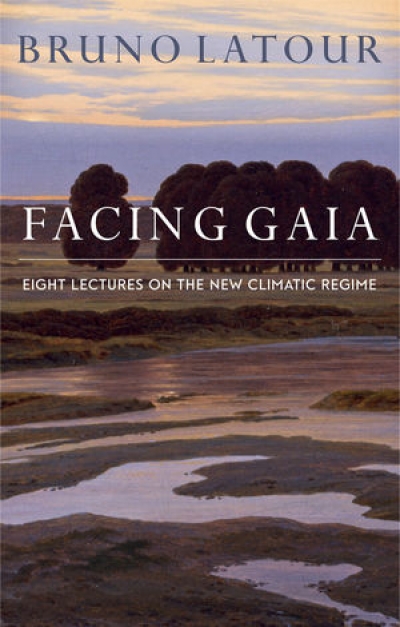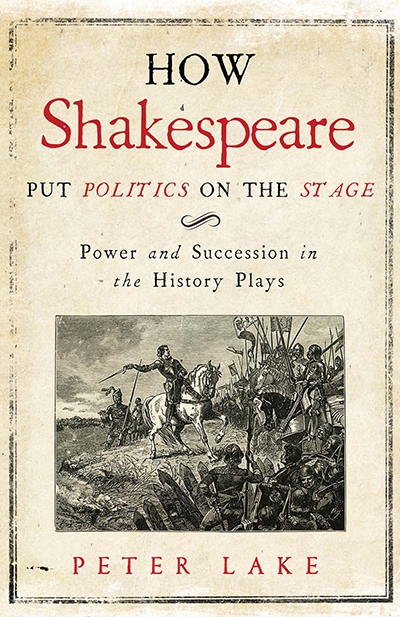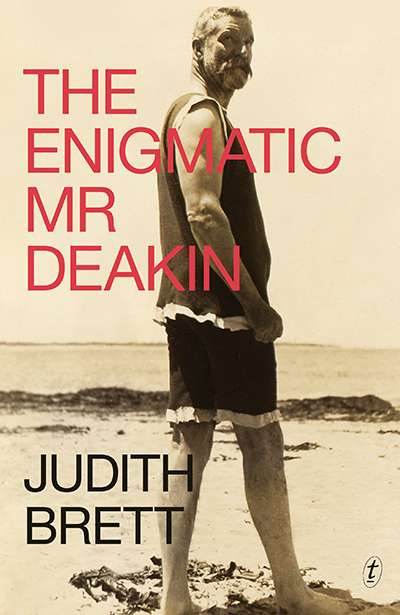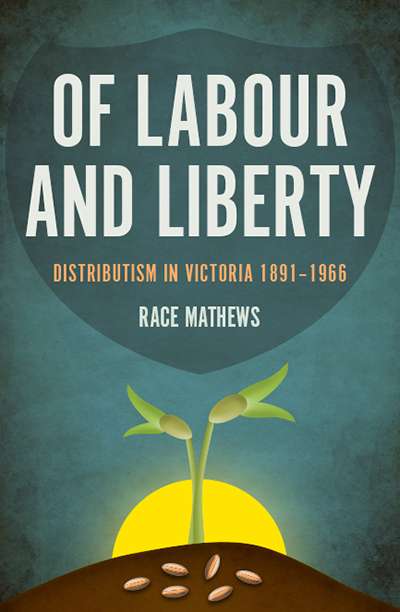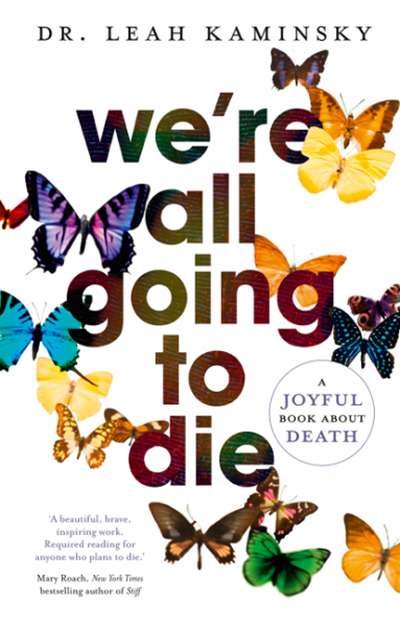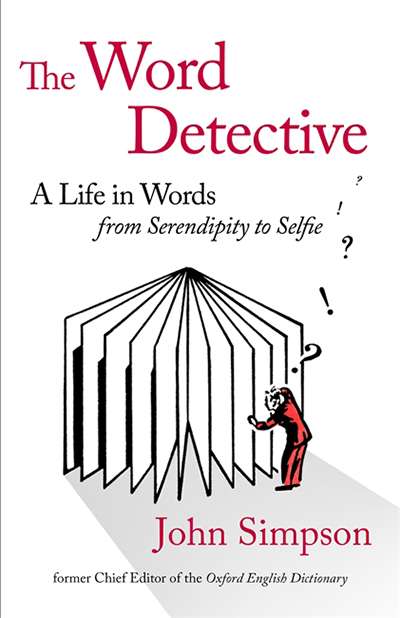Non Fiction
When I taught African American history at the University of Sydney, students read the words of Booker T. Washington, Ida B. Wells, Marcus Garvey, and Martin Luther King Jr. They discussed the relative merits of each leader’s strategies. In every class – mostly white students ...
... (read more)Scandinavians: In search of the soul of the North by Robert Ferguson
When I was twenty-seven, I visited mainland Scandinavia for the first time. I had spent the last of my travel money on a rail pass, and I was on a tight budget. One day, I thought I would save some money on accommodation by catching an overnight train from Stockholm to Trondheim. When I woke up the next morning ...
... (read more)Facing Gaia: Eight lectures on the new climaticregime by Bruno Latour, translated by Catherine Porter
Have you heard of the Anthropocene, the so-called Age of Humans? Our geological epoch has been renamed because human influences on Earth are so profound that not only is our climate changing, but so are our soils, water, and social order. Bruno Latour, prolific French philosopher and historian of science, dedicates his book ...
... (read more)How Shakespeare Put Politics on the Stage: Power and succession in the history plays by Peter Lake
Sir Philip Sidney in the 1580s proclaimed the superiority of the creative maker of ‘poesy’ over the moralising philosopher and historian – ‘the historian wanting the precept, is so tied, not to what should be, but to what is; to the particular truth of things, and not to the general reason of things; that his example draweth no ...
... (read more)There has been an argument going on in the Liberal Party about the nature of the Menzies heritage – was Robert Menzies, the founder of the modern party, a liberal or a conservative? Notably absent from this discussion has been the national figure who was the first leader of a united anti-Labor party and who also happens to have been a father of Federation, Alfred ...
Shakespeare’s cinema of love: A study in genre and influence by R.S. White
Does William Shakespeare still matter? The question was posed frequently throughout 2016, the quatercentenary of his death. Those sceptical of Shakespeare’s enduring relevance faced the challenge of explaining the seemingly endless proliferation of films and adaptations of Shakespeare’s plays in an age ostensibly dislocated from early modern sensibilities and po ...
Of Labour and Liberty: Distributism in Victoria 1891–1966 by Race Mathews
I was a student at Sydney University when, in 1954, the embattled Labor leader Dr H.V. Evatt went public, accusing a small group of Labor MPs of disloyalty, their attempt to gain control of the party being directed from a source outside the labour movement. He identified the Melbourne News Weekly as their mouthpiece. Few had heard of B.A. (‘Bob’) Santam ...
Good general practice is the cornerstone of a good healthcare system: Australia is blessed with both. Leah Kaminsky has been a Melbourne general practitioner for three decades and by her own explicit admission wrote We’re All Going to Die as a way to address her own fear of death. Her beloved mother was ‘the only leaf left dangling from her charred fami ...
The Word Detective: A life in words, from Serendipity to Selfie by John Simpson
What does a lexicographer do? How do you become a lexicographer? What makes a good lexicographer? What is the difference between a ‘standard’ dictionary and a dictionary based on historical principles? How do you reinvent the Oxford English Dictionary so that it has a secure place in an online modern publishing world? These are among the questions explo ...
Berlin for Jews: A twenty-first-century companion by Leonard Barkan
The title of this book has a resonance that would not occur, for example, in a text called ‘Paris for Jews’. Most readers will approach the work with understandings and expectations shaped by Hitler and the Holocaust. The title suggests that Berlin is a different city for Jews than for other visitors, and that Jewish Berlin itself is different from ecumenical Be ...



